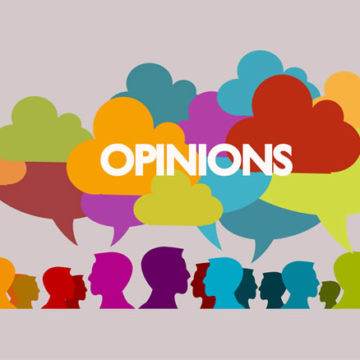
COUNTLESS times, Nigeria as a third world or developing country has witnessed numerous cases of abuse of human rights by state security forces such as the police and the military. The Nigerian government is frequently criticised for failing with respect to its human rights obligations; many argue that the government is not doing enough to enforce human rights in Nigeria or to educate the population about their civil and political rights, and how to access justice when their rights are trampled upon. Perhaps one of the biggest challenges in terms of realising and implementing human rights in Nigeria is the fact that many citizens are simply not aware of their legal rights and do not have access to legal representation when those rights are infringed. This lack of knowledge of legal rights and the barriers to accessing legal aid obstructs the promotion and protection of human rights in Nigeria. Well-informed decisions in court or in dealings with state authorities cannot be made since many adults are not aware of the rights afforded to them under the Constitution. This, in turn, raises issues concerning access to justice in relation to human rights
Socioeconomic rights are guaranteed to individuals but without knowledge of how to legally act in the event of rights violations or the proper means of enforcing rights in court, these become ineffective to the individual and the wider society. If victims of human rights abuses cannot find any means to access justice, the probability is high that the abuses would continue and form a type of socio-political oppression which in turn threatens national unity and social cohesion. The lack of access to legal representation furthers inequality and affects vulnerable groups.
Our society is traditionally biased against legal representation and many are of the opinion that legal process is corrupt. This hearty dose of disenchantment and disengagement with the legal process is an additional obstacle to the recognition and accommodation of human rights in Nigeria. Access to a fair court process or proper examination of alleged abuses of human rights may be hindered if individuals are either intimidated by authority and the fear of the “risk” involved in speaking out against injustices or do not believe that the legal system would properly vindicate their rights.
The lack of access to legal representation primarily affects economically disadvantaged individuals. According to a report by the Hague Institute for the Internationalisation of Law (HiiL), an estimated 92% of Nigerians do not have access to adequate legal representation. This is largely because the majority of lawyers are based in urban areas like Lagos and Abuja, with very few lawyers choosing to practice in rural areas. Additionally, legal costs in Nigeria remain high: lawyers often charge consultation fees which many cannot afford, and legal aid is virtually non-existent. This is compounded by the fact that there are very few lawyers who are willing to take on cases in remote areas and provide their services on a pro bono basis. Furthermore, lawyers who are willing to provide probono legal services are few and far off. They are usually overwhelmed with the demand from those who desire access to legal representation but could not afford it. This lack of access and unavailability of lawyers have made access to legal representation an herculean task for those who need them. There is, therefore the needs to be have greater awareness of the significance of formal legal representation as well as improvement in the access to such forms of support
Such awareness and education, as well as a sustained effort from the government and organizations, can serve to empower those who are underserved and enable them to effectively demand and exercise their rights in an increasingly complex and globalized world. Stakeholders such as a research team, the Pecaelaw project, based at the University of Edinburgh have been at the forefront of the advocation and sensitization of the underserved members of the society in Lagos and other parts of Nigeria to know their legal rights and how to access legal representation when the need arises. The group has also partnered with the Nigerian Bar Associations across the nation to set up a database of lawyers and law firms providing probono services, whereby those in need of such services can have direct access to lawyers and also easy access to legal representation. The work organizations like the Peacelaw project are doing should be encouraged and supported by government and other stakeholders to ensure that underserved Nigerians have access to legal representation, and the constitutional rights of every citizen regardless of class, status, religion, gender is guaranteed and protected.
- Aremu, the Project Officer for PeaceLaw Project in Nigeria writes in from Ibadan.
ALSO READ: ‘Simi doesn’t owe you anything’ — Adekunle Gold calls out Samklef
Source: